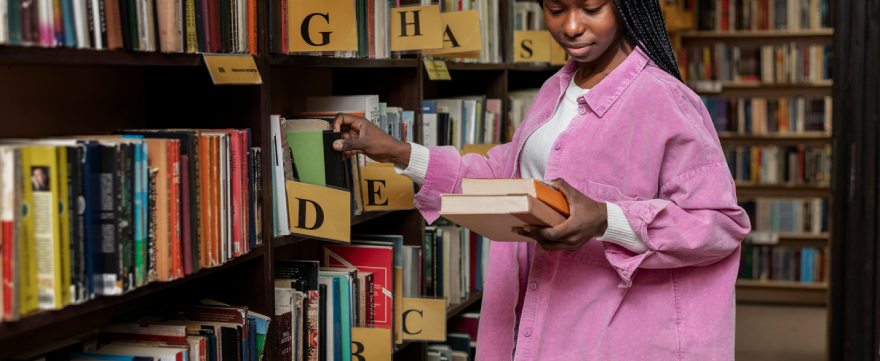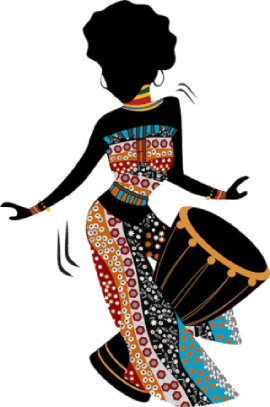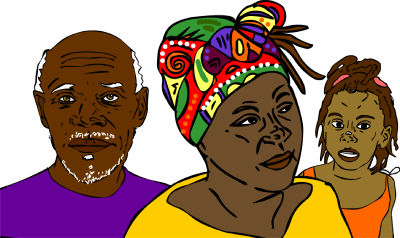African-American Influence on Music: A Soundtrack for Change
The most significant contributions by African Americans to entertainment have been through music. From enslaved African spirituals to today's hip-hop and RnB, African-American artists have reshaped popular music into a vehicle for cultural expression, social change and artistic innovation.
Origins: Spirituals, Work Songs, and Blues
Late 19th-century blues appeared in the Deep South as a blend of African rhythms and European harmony. Artists like W.C. Handy popularized this music about hardship, love and resilience. The blues became a form of self-expression for African Americans, expressing their lived experience and emotions in a segregated society.
Jazz: The Revolution Begins
Then, in the early 20th century, jazz took the world by storm out of African-American traditions in New Orleans. Jazz was a break from classical European music - improvisational style, syncopated rhythms, and new harmonies. Black musicians like Louis Armstrong, Duke Ellington and Billie Holiday pioneered this new sound, which spread to the United States and Europe.
Jazz was more than music - it was a cultural movement that reflected the newfound freedom and creative expression of African Americans post-slavery era. Around this time Black musicians also started receiving more mainstream performance opportunities - some at Carnegie Hall. Yet jazz was also a way for African Americans to challenge those social and racial hierarchies by using music as resistance and empowerment.
Rhythm & Blues (R&B): The Sound of Soul
In the 1940s and 1950s there appeared Rhythm and blues (RnB), a hybrid of jazz, Blues and gospel. Artists like Ray Charles, Sam Cooke, and Ruth Brown took R&B into mainstream audiences with tender ballads and upbeat tracks about love, heartbreak, and joy. Songs like Sam Cooke's A Change Is Gonna Come became anthems for racial equality on R1and1B's Civil Rights Movement soundtrack.
The genre evolved through the decades, with Stevie Wonder, Marvin Gaye, and Whitney Houston merging it with other styles, including funk and pop. Today, R&B remains a major force in music, with current artists like Usher, Alicia Keys, and Beyonce following in their predecessor's footsteps.
Hip-Hop: The Voice of a Generation
By the 1970s, black music was hip-hop again. Hip hop emerged in the Bronx, New York, from the experiences of black youth in economically deprived areas. Hip-hop developed from spoken word, DJing & graffiti art.
Artists including Grandmaster Flash, Run-D.M.C., and Public Enemy used hip-hop for political commentary on poverty, police brutality, and systemic racism. It was for the voiceless - African Americans complaining and hoping. In The 90s, Tupac Shakur and The Notorious B.I.G. infused storytelling with lyrical ability to create timeless tracks that define today's hip-hop.
Modern hip-hop has seen a new generation of African-American artists like Kendrick Lamar, J. Music by Cole, and Cardi B address current issues like mass incarceration, racial inequality, and mental health.



